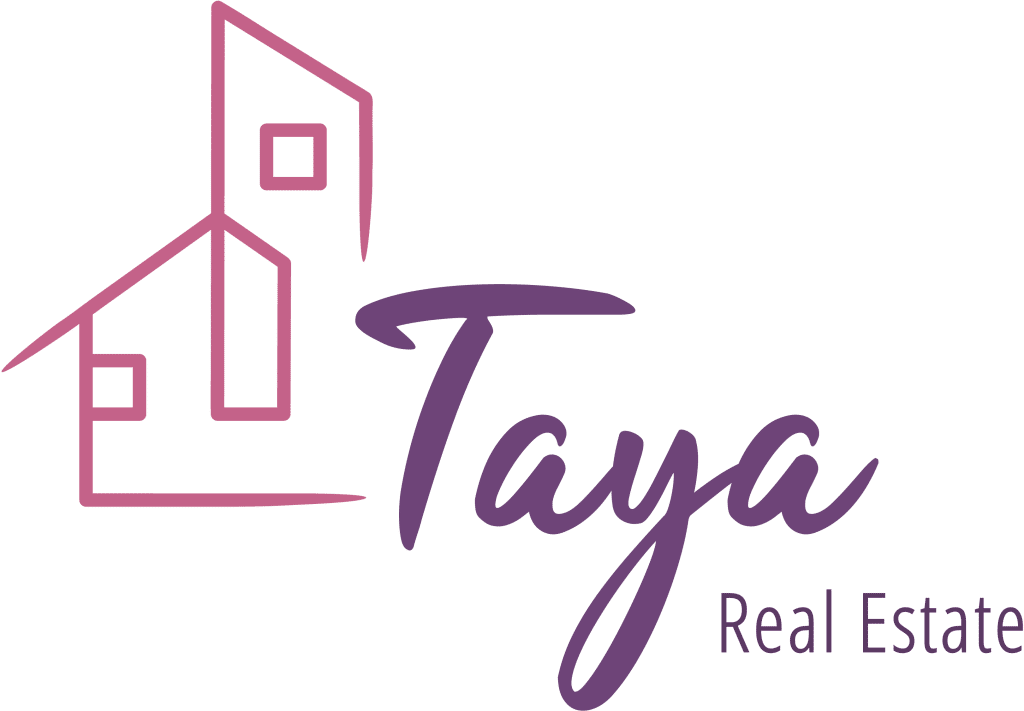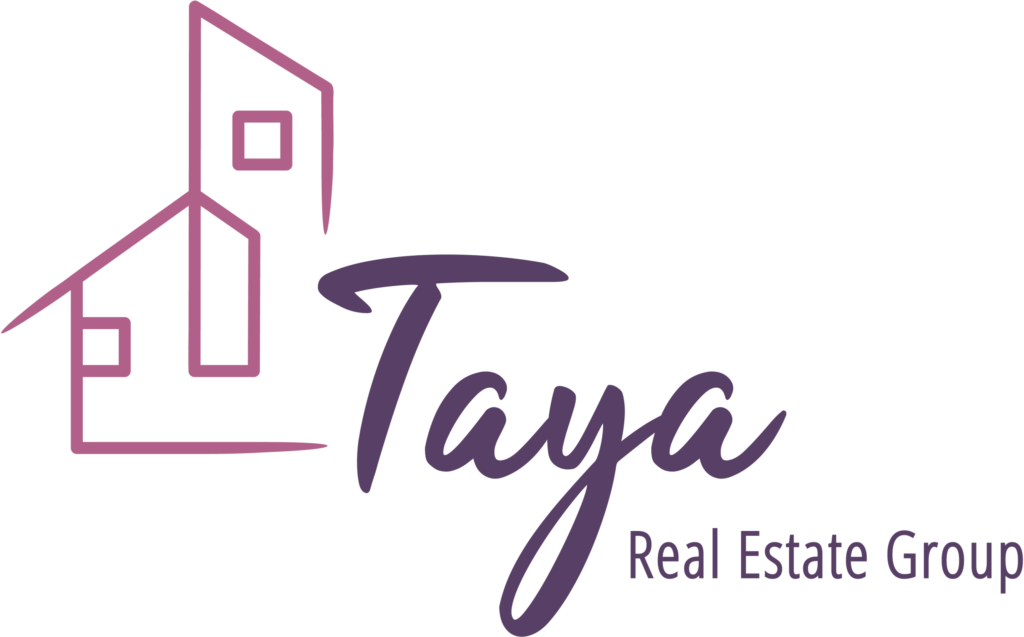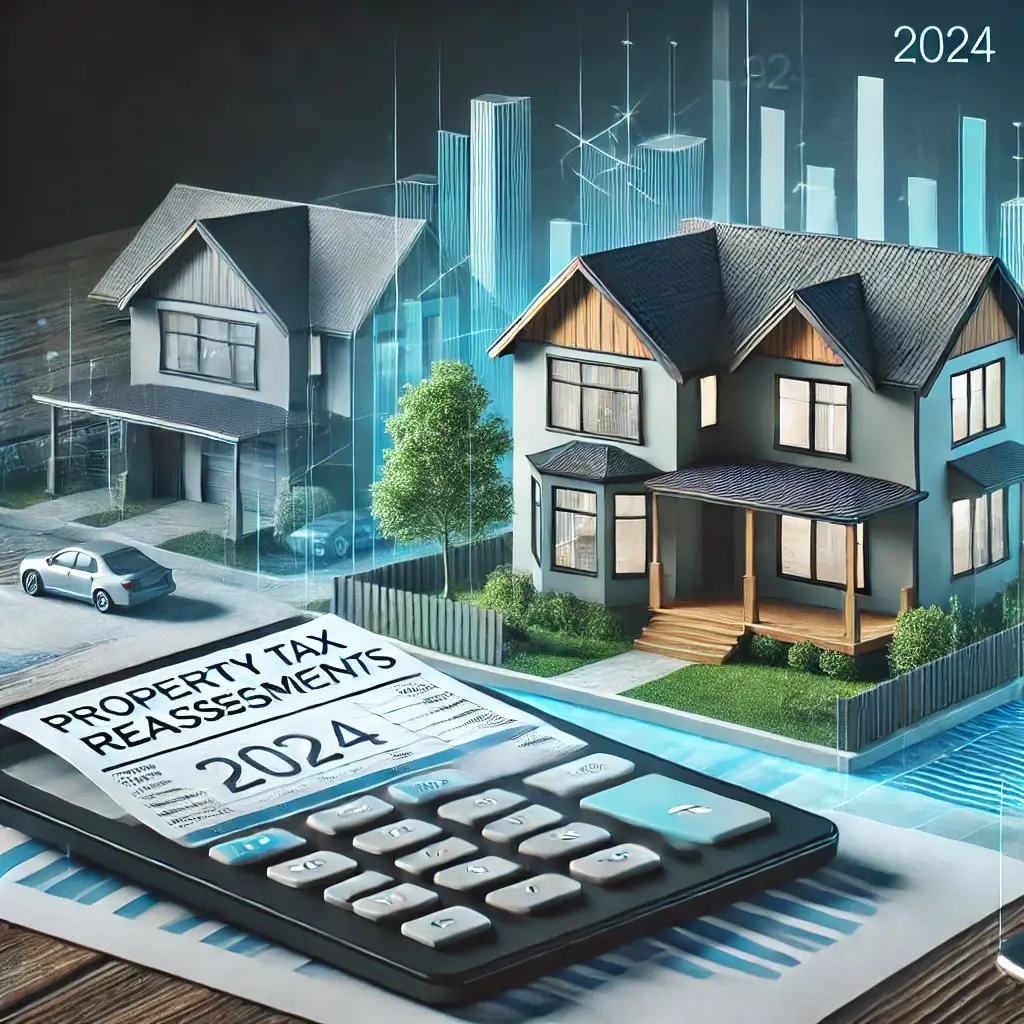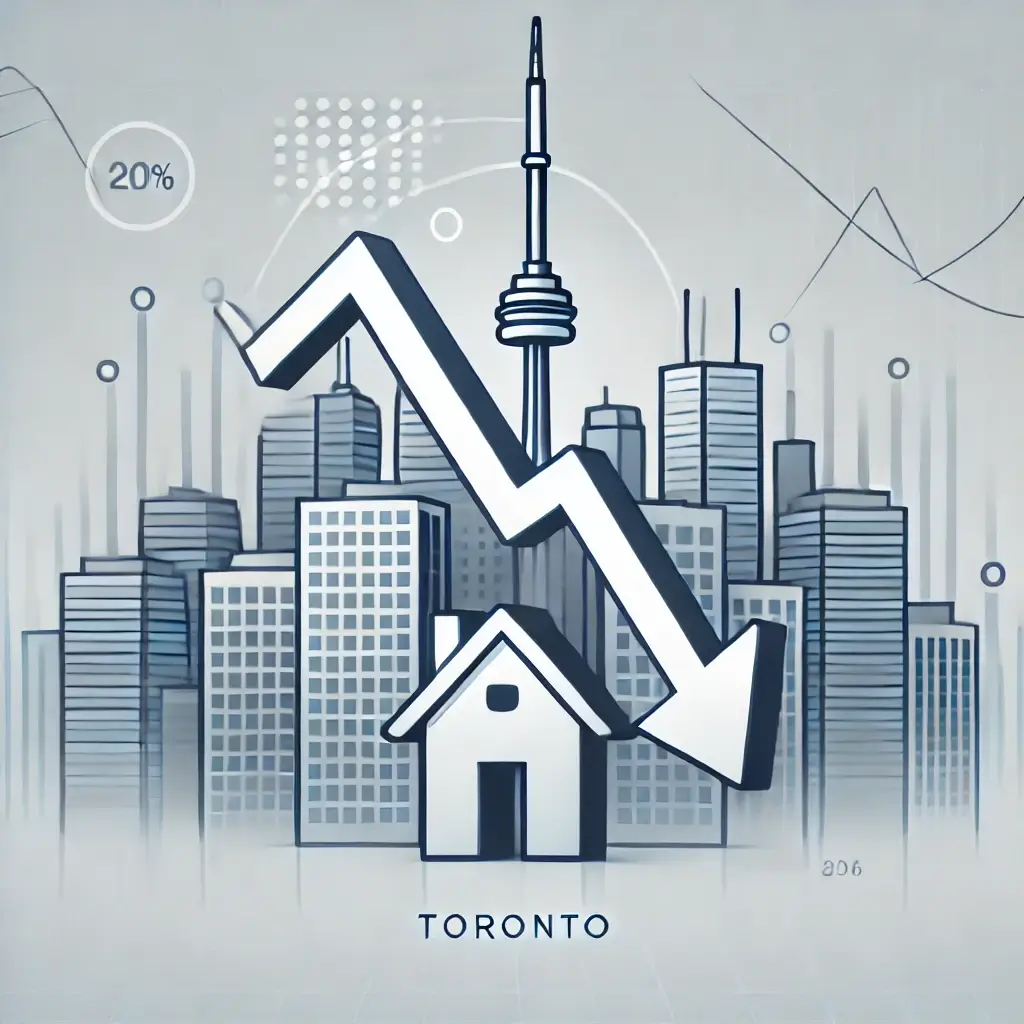Property taxes play a significant role in the cost of homeownership and real estate investments, and recent property tax reassessments in the Greater Toronto Area (GTA) have left many homeowners and investors wondering how these changes will affect their bottom line. In 2024, municipalities across the GTA are adjusting property values, leading to shifts in property tax bills. For buyers, investors, and homeowners, understanding how these reassessments work and their implications is essential for making informed real estate decisions.
In this blog, we’ll break down what property tax reassessments are, why they’re happening, and how they’re impacting different areas of the GTA. Whether you’re purchasing your first home or managing multiple investment properties, staying on top of these changes will help you navigate the real estate landscape more effectively.
What Are Property Tax Reassessments?
Property tax reassessments are adjustments made by municipalities to the assessed value of properties, which in turn impacts the amount of property tax that homeowners and real estate investors must pay. In Ontario, property tax rates are set by municipalities and are based on the current market value of a property, as determined by the Municipal Property Assessment Corporation (MPAC).
The process involves the following key elements:
- Market Value Assessment (MVA): MPAC uses market value assessments to determine the taxable value of a property. These assessments are based on factors such as location, property size, age, condition, and recent sales of comparable homes in the area.
- Property Tax Rate: Each municipality sets a tax rate, which is applied to the assessed market value of properties within its jurisdiction. The combination of the assessed value and the tax rate determines the annual property tax bill.
Property reassessments typically occur every four years, but due to delays caused by the pandemic, the latest round of assessments is taking place in 2024, and it’s having a noticeable impact on homeowners across the GTA.
Why Are Property Tax Reassessments Happening in 2024?
After a lengthy pause due to the pandemic, MPAC has resumed property reassessments to reflect current market conditions. Since property values in the GTA have risen sharply over the past few years, many homeowners are seeing their property assessments increase, which can lead to higher property taxes.
Key reasons for the reassessments include:
- Market Value Adjustments: The GTA has experienced significant real estate price growth over the past decade, and reassessments are designed to align property taxes with the current market values. Properties that have seen significant appreciation are likely to experience higher assessments, which will result in higher property tax bills.
- Municipal Revenue Needs: Property taxes are a major source of revenue for municipalities, funding essential services like road maintenance, schools, and emergency services. As municipal costs rise, so do property tax rates in many areas.
How Will This Impact Homeowners and Investors in the GTA?
- Higher Property Tax Bills in Hot Markets
- Areas that have experienced rapid price appreciation over the past few years, such as downtown Toronto, Mississauga, and Vaughan, are likely to see significant increases in property tax assessments. Homeowners in these regions may face higher property tax bills as a result of the updated market values.
- For investors, rising property taxes can eat into rental income or increase carrying costs, making it crucial to factor these expenses into long-term financial planning.
- Variations Across Municipalities
- Not all areas will experience the same impact from the reassessments. Municipalities with less dramatic price increases may see smaller adjustments, while some areas could experience tax decreases if property values have stagnated or declined.
- In suburban and rural areas where real estate prices have remained more stable, such as parts of Durham Region or Caledon, homeowners may see less drastic changes in their property tax bills.
- Impact on Affordability for Buyers
- For prospective homebuyers, higher property taxes can affect overall affordability. When budgeting for a home purchase, it’s important to consider how property taxes will impact your monthly payments and long-term costs.
- As property taxes rise, some buyers may need to adjust their price range or consider areas with lower tax rates to keep their homeownership costs manageable.
- Impact on Rental Properties
- Investors who own rental properties should be aware that rising property taxes can impact rental income. In competitive rental markets like Toronto, landlords may face challenges passing these costs onto tenants through rent increases due to rent control regulations. This makes it even more important to evaluate cash flow and rental yields carefully.
- For investors looking to minimize their exposure to rising property taxes, it may be worth exploring markets outside of Toronto, where tax rates and property values are more moderate.
What Can Homeowners and Investors Do?
For homeowners and investors impacted by property tax reassessments, there are steps you can take to manage these changes effectively:
- Appeal Your Assessment
- If you believe your property has been over-assessed, you have the option to appeal the assessment with MPAC. The appeals process allows you to present evidence that the assessed value of your property is higher than its actual market value.
- Before filing an appeal, it’s essential to gather comparable sales data and other relevant information to support your claim. At Taya Real Estate, we can assist you in determining whether your property assessment is accurate and help guide you through the appeals process. Visit our website Taya Real Estate for more information.
- Factor Taxes Into Your Investment Strategy
- Investors should take the time to review how property tax increases will affect their real estate portfolios. For rental properties, consider how higher taxes will impact your cash flow and whether adjustments need to be made to your rental rates.
- If rising property taxes are making certain investments less profitable, it may be worth exploring new areas with lower tax rates or focusing on regions where property values—and taxes—are expected to rise more slowly.
- Consider Relocating to Lower-Tax Areas
- For homeowners or investors looking to minimize their exposure to rising taxes, considering properties in areas with lower tax rates could be a viable option. Suburban areas like Pickering or Milton, which are still experiencing growth but have lower property tax rates, might offer better long-term affordability.
- Working with an experienced real estate team can help you identify emerging neighborhoods with lower tax burdens that still offer potential for price appreciation.
- Work With a Tax Professional
- Navigating property tax reassessments and their impact on your finances can be complex. Consulting with a tax professional can help you understand the full scope of your tax liabilities and identify strategies for managing higher property tax bills effectively.
Conclusion: Staying Informed and Adapting to Changes
Property tax reassessments are a normal part of homeownership and real estate investing, but understanding how these changes affect your financial situation is crucial for long-term success. As municipalities in the GTA continue to adjust property values in 2024, staying informed about your property’s assessed value and how to manage rising taxes will help you make more informed real estate decisions.
Whether you’re a homeowner concerned about rising property taxes or an investor looking to optimize your real estate portfolio, working with a knowledgeable real estate team can make a difference. At Taya Real Estate, we specialize in helping buyers and investors navigate the complexities of the GTA real estate market. Visit Taya Real Estate or connect with us on Facebook for expert guidance and personalized advice.
